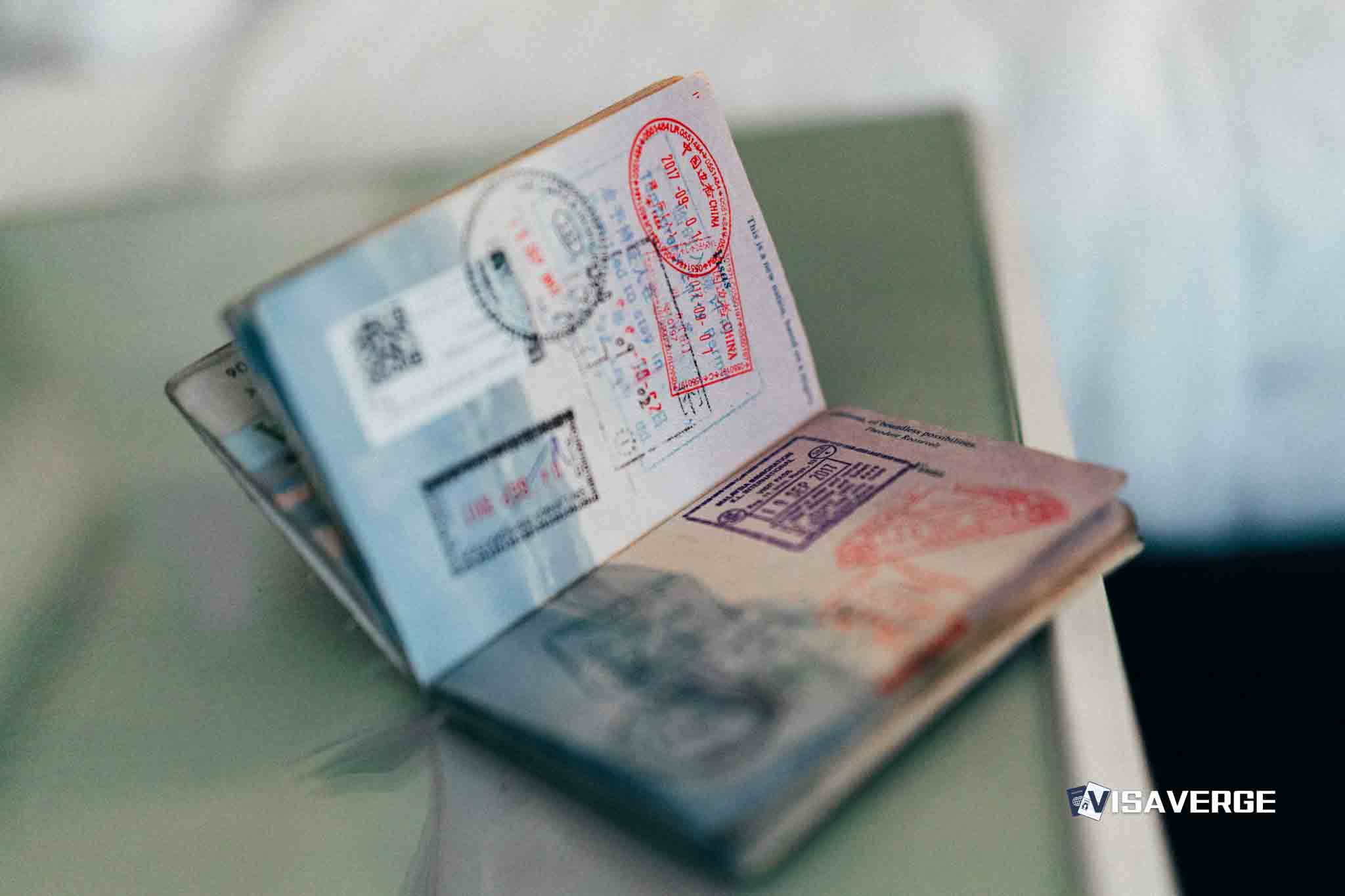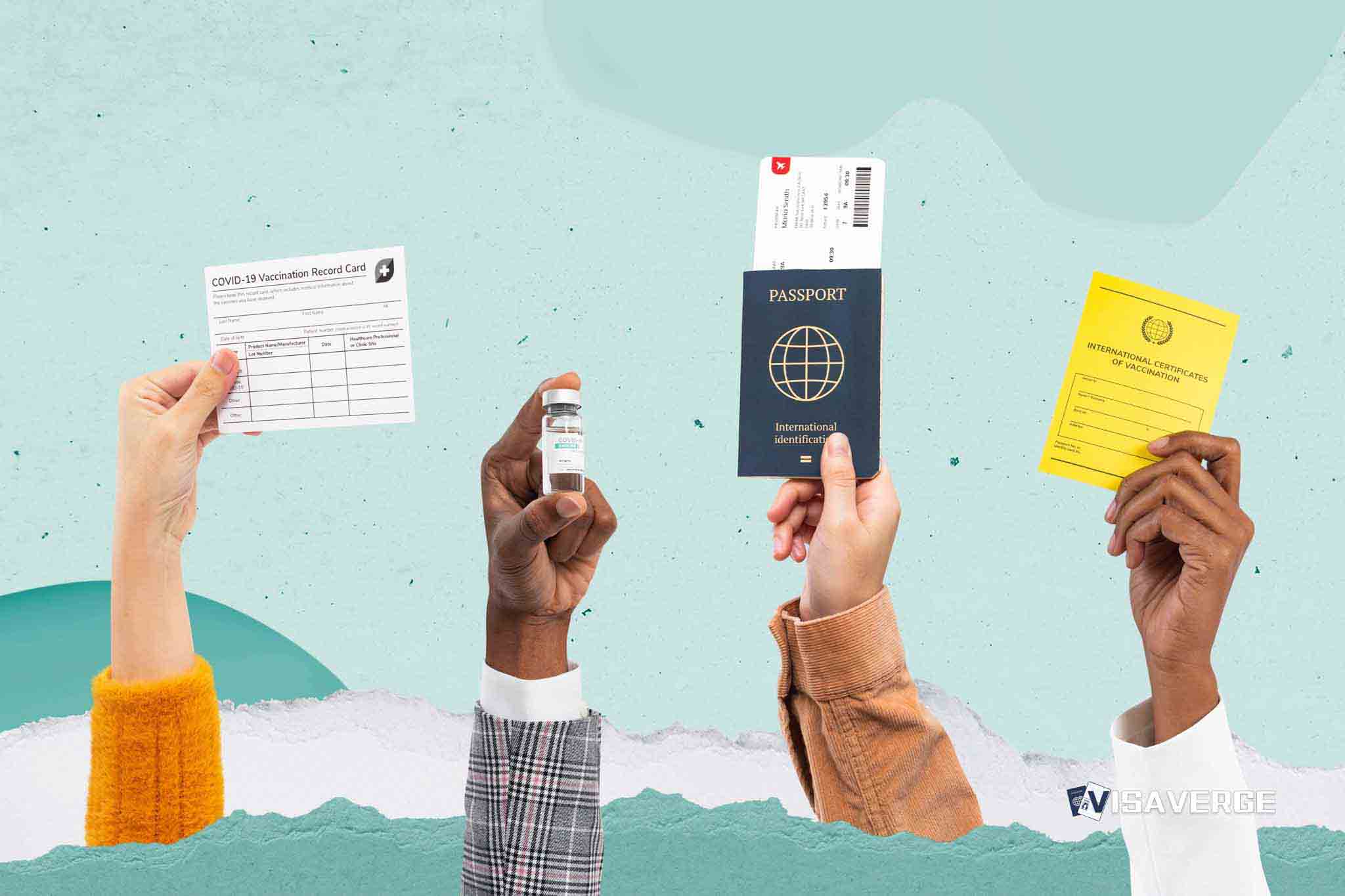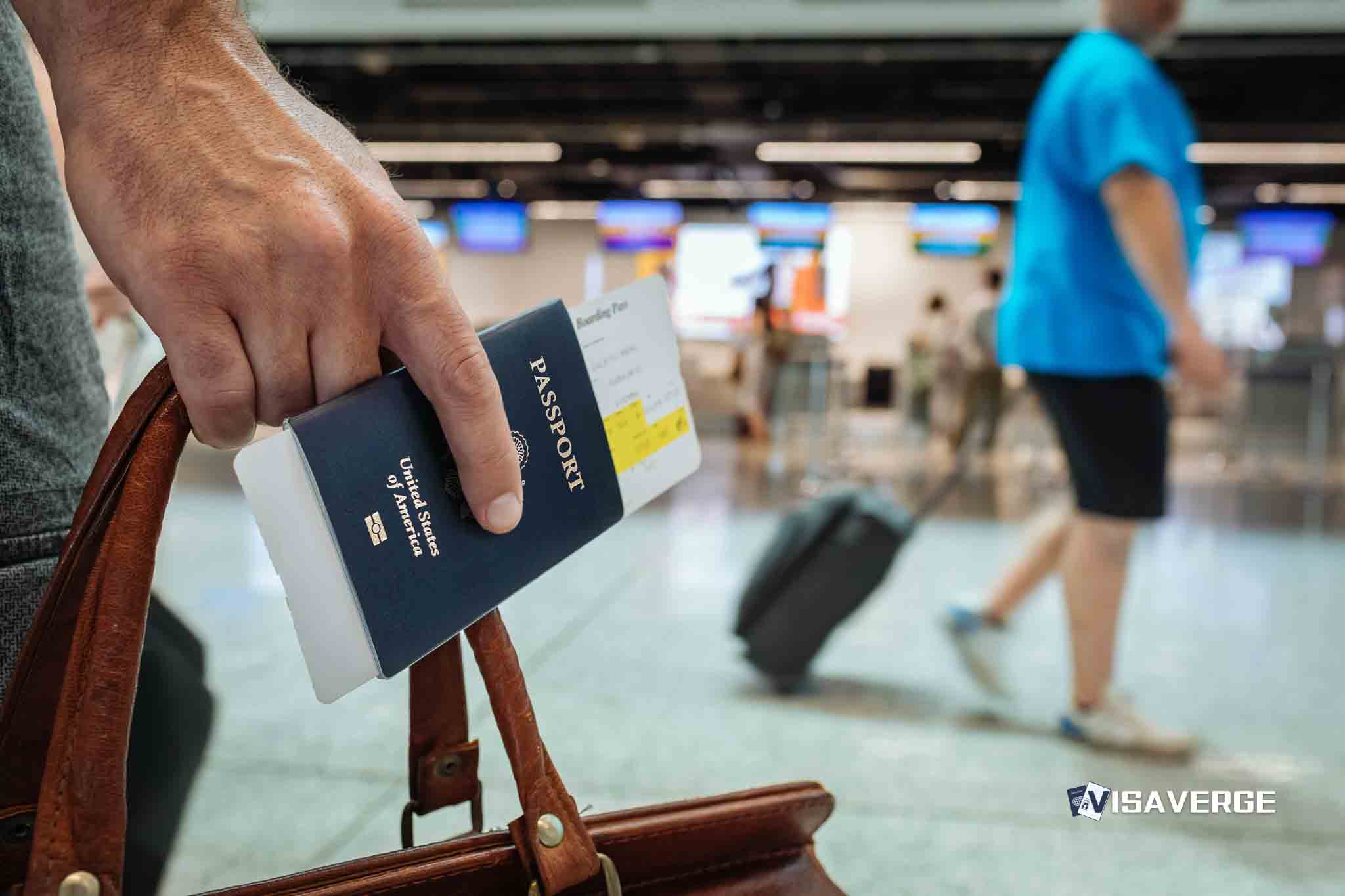Opening a bank account in the United States as an F-1 student can be a straightforward process if you understand the steps you need to take. Whether you’re paying for tuition, managing living expenses, or saving, having a U.S. bank account can make financial transactions more manageable. Here’s what you need to know about setting up your account.
Choose the Right Bank
When selecting a bank, consider those that are close to your campus or offer student-friendly services. Some banks offer accounts with low fees or no minimum balance requirements, which can be beneficial for students. Additionally, some banks provide international student-specific services, such as multi-currency accounts or reduced wire transfer fees.
Required Documentation
Opening a bank account typically involves providing specific documentation. Here’s what most banks will ask for from F-1 students:
- Your passport, as proof of identification.
- Your I-20 form and your student visa to verify your student status.
- Proof of university enrollment, such as an acceptance letter or a student ID.
- Proof of address. This can be a lease agreement, utility bill, or an official letter from your university’s housing department.
- A second form of ID, which could be your driver’s license, state ID, or a credit card.
Be sure to check with the bank ahead of time to confirm their specific requirements, as documentation can vary from bank to bank.
Social Security Number (SSN) Requirement
While some banks require a Social Security Number (SSN) to open an account, many do not. If you have an on-campus job, or are authorized for Curricular Practical Training (CPT) or Optional Practical Training (OPT), you can obtain an SSN. If not, look for a bank that allows you to open an account without one.
Opening Your Account
Once you have gathered all necessary documentation, the next step is to choose the type of bank account:
- A checking account allows for daily transactions, such as purchases and bill payments.
- A savings account is designed for storing money and accumulates interest over time.
Upon deciding the type of account, you will need to visit your chosen bank and speak with a representative to set up your account. Some banks also offer the option to start the process online.
Banking Best Practices
As a new account holder, it’s essential to familiarize yourself with bank fees, such as monthly maintenance fees, minimum balance fees, and ATM fees. Additionally, ensure you understand how to manage your account including making deposits and withdrawals, writing checks, and using online banking services.
Side Notes
Staying up-to-date with your bank account is critical. Regularly check your account for any unusual activity, and immediately report any discrepancies to your bank. As an F-1 student, it’s also essential to keep abreast of your financial responsibilities and ensure that your banking activity complies with U.S. law.
Understanding the laws and regulations surrounding F-1 student finances in the U.S. can help you make the most of your educational experience. For further guidance on immigration and student services, refer to the U.S. Citizenship and Immigration Services (USCIS) or the International Student Office at your university.
By following this guide, you’ll be well on your way to managing your financial needs in the U.S. with ease.
So there you have it, my friend! Opening a bank account in the U.S. as an F-1 student doesn’t have to be a headache. Just remember to choose the right bank, gather all your documents, and know your options. And hey, if you want more awesome tips and tricks for student life in the U.S., head on over to visaverge.com. They’ve got all the juicy details you need! Happy banking!
FAQ’s to know:
FAQ 1: What documentation is required to open a bank account as an F-1 student in the United States?
To open a bank account as an F-1 student in the United States, you will typically need to provide the following documentation:
- Your passport for proof of identification.
- Your I-20 form and student visa to verify your student status.
- Proof of university enrollment, such as an acceptance letter or student ID.
- Proof of address, which can include a lease agreement, utility bill, or official letter from your university’s housing department.
- A second form of ID, such as your driver’s license, state ID, or credit card.
Make sure to confirm the specific requirements with the bank you choose, as they may have additional or slightly different documentation requirements.
FAQ 2: Do I need a Social Security Number (SSN) to open a bank account as an F-1 student in the United States?
While some banks require a Social Security Number (SSN) to open an account, many banks do not have this requirement for F-1 students. If you have an on-campus job or authorization for Curricular Practical Training (CPT) or Optional Practical Training (OPT), you can obtain an SSN. However, if you don’t have an SSN, you can still look for a bank that allows you to open an account without one.
FAQ 3: What are some important banking best practices for F-1 students opening a bank account in the United States?
When opening a bank account as an F-1 student in the United States, it’s important to follow these banking best practices:
- Familiarize yourself with bank fees, such as monthly maintenance fees, minimum balance fees, and ATM fees.
- Learn how to manage your account effectively, including making deposits and withdrawals, writing checks, and utilizing online banking services.
- Regularly check your account for any unusual activity and promptly report any discrepancies to your bank.
- Stay informed about your financial responsibilities and ensure that your banking activities comply with U.S. laws and regulations.
By following these best practices, you can manage your financial needs in the United States with ease and peace of mind.
What did you learn? Answer below to know:
- What are the typical documents required to open a bank account in the United States as an F-1 student? a) Passport, I-20 form, student visa, proof of university enrollment, proof of address b) Social Security Number, driver’s license, utility bill, lease agreement c) Passport, student ID, credit card, proof of address, acceptance letter
- What are the two main types of bank accounts you can choose from when opening an account as an F-1 student in the United States? a) Checking and savings accounts b) Multi-currency and wire transfer accounts c) International student-specific and reduced wire transfer fee accounts
- What should you do if you notice any unusual activity in your bank account as an F-1 student in the United States? a) Report it to your university’s housing department immediately b) Contact the International Student Office at your university c) Immediately report it to your bank














